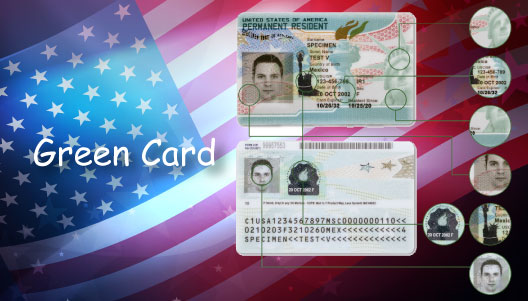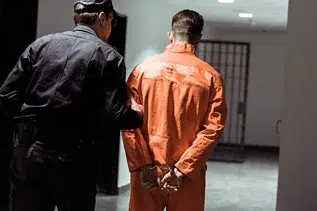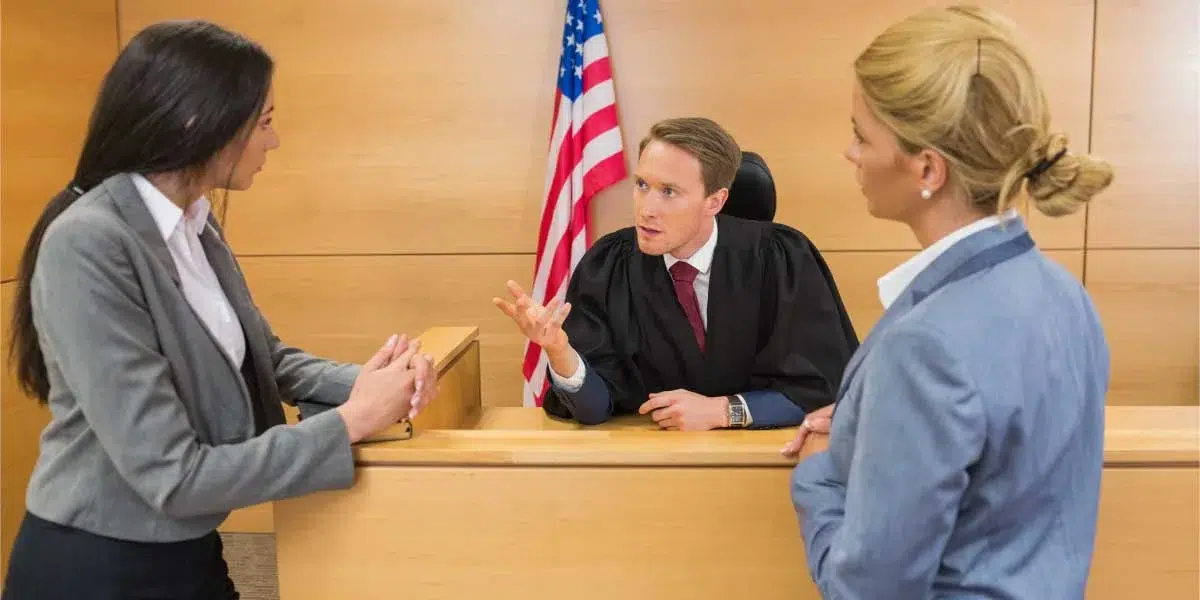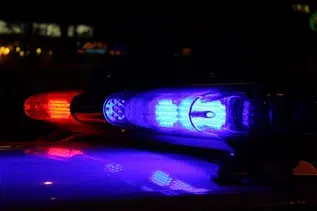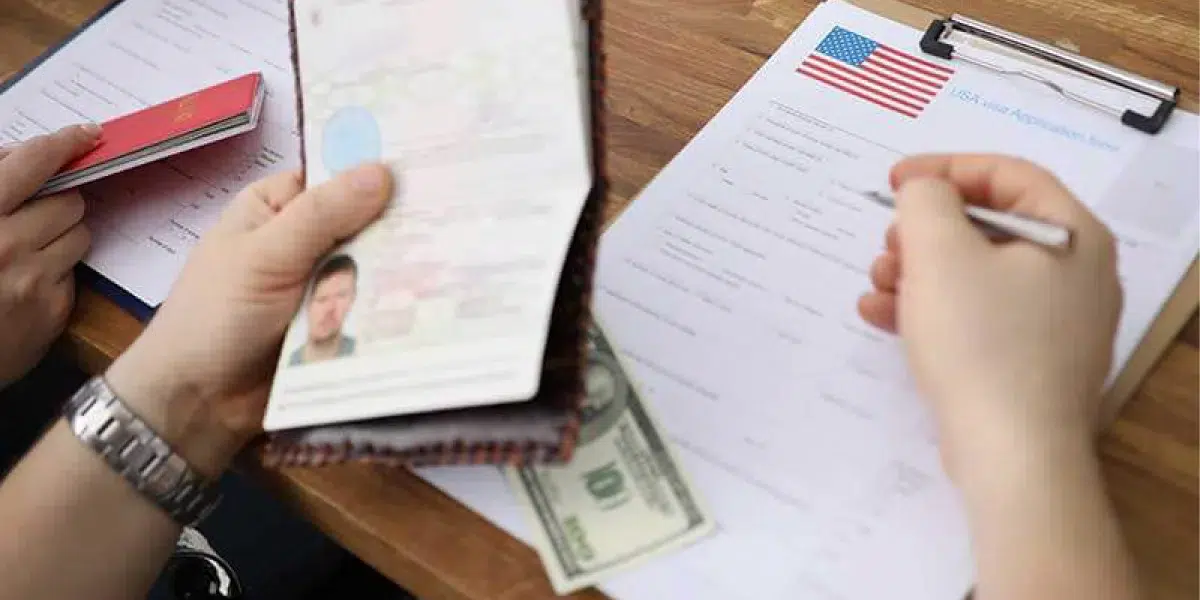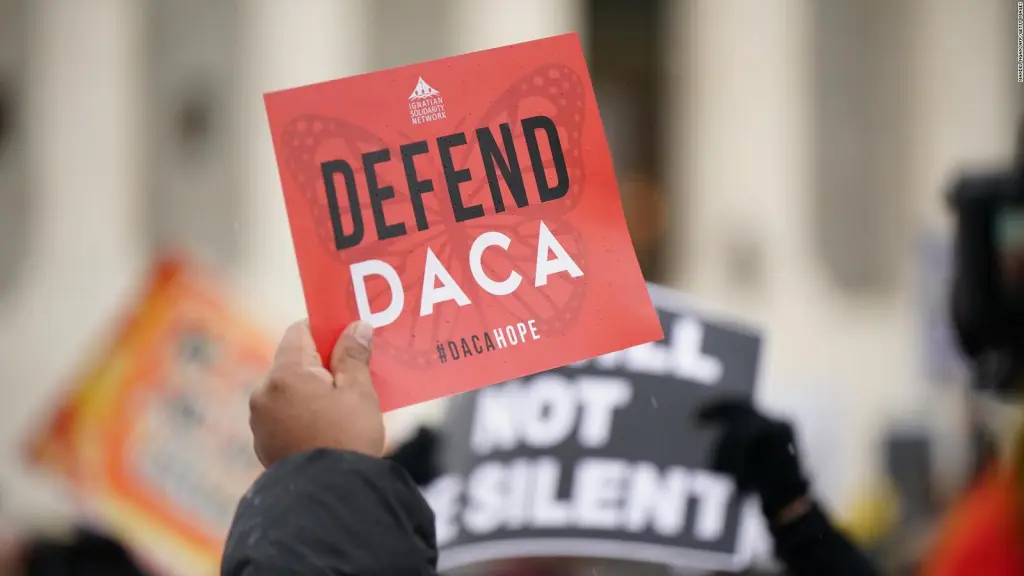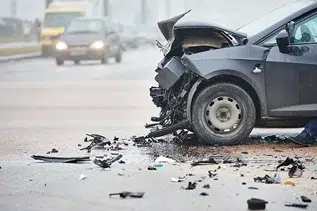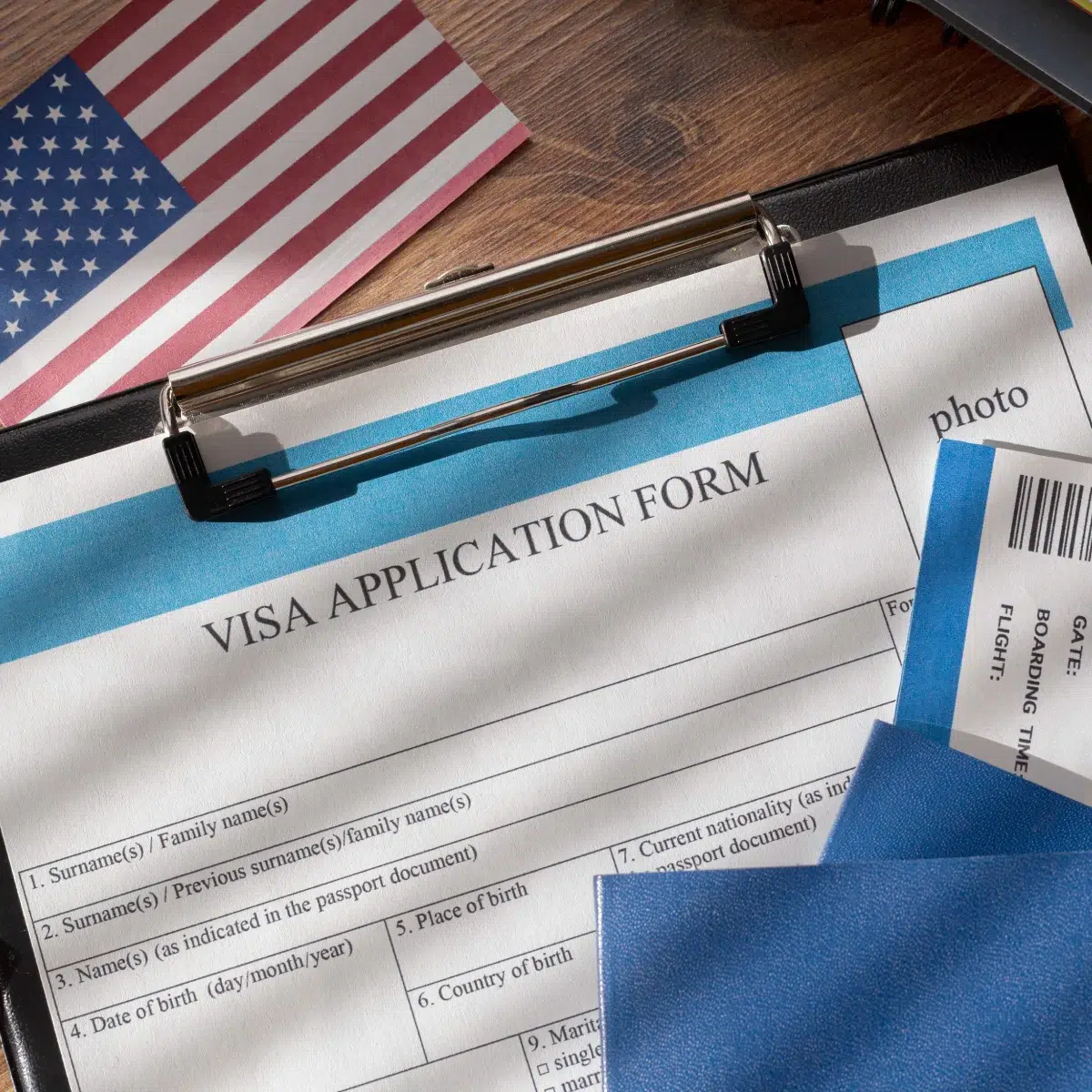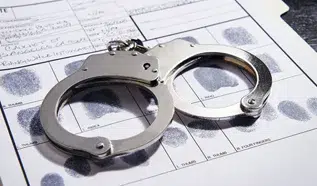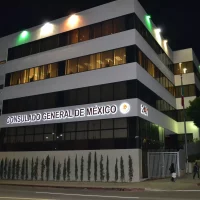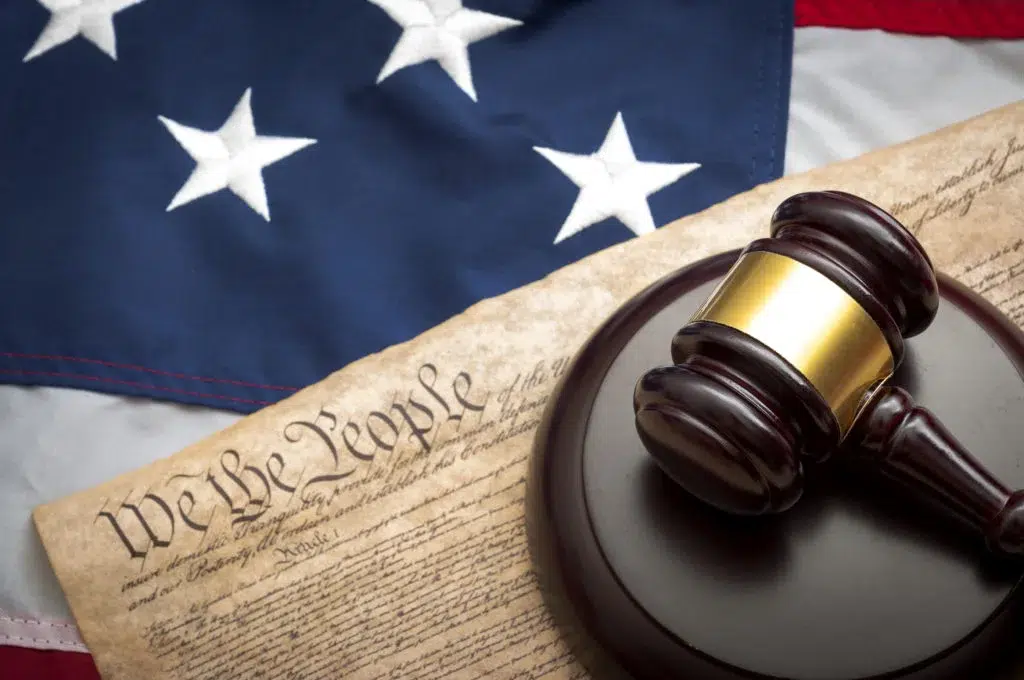
Criminal procedure refers to the series of events and steps in a criminal case from investigation and arrest to appeals and post-conviction relief. The process varies depending on whether you are charged with a felony or misdemeanor or whether you are charged with a criminal complaint or criminal indictment. This is the usual order of events in a criminal trial.
In the United States, a person accused of a crime is presumed innocent until proven guilty. Consequently, before receiving a punishment for the lack of it, the suspect must go through a criminal process. This process covers several stages, regulated in turn by laws (state and federal) and constitutional rights that the accused has.
Criminal Procedure
In the United States, a person accused of a crime is presumed innocent until proven guilty. Consequently, before receiving a punishment for the lack of it, the suspect must go through a criminal process.
This process covers several stages, regulated in turn by laws (state and federal) and constitutional rights that the accused has.
Investigation of the criminal case
The investigation stage begins when the police suspect the commission of the crime. The warning signal can come from several sources; For example:
- The victim himself files a complaint
- Someone reports seeing criminal activity
- or the police simply observe the criminal action (flagrant)
After suspicion, the police investigate the case. This is done through interviews with:
- Witnesses
- Search for evidence
- Photo review
- Videos
- Files of those possibly involved
- Criminal record, etc.
Before searching property, such as a home, vehicle, office, or cell phone, police must obtain a search warrant; in accordance with the protections provided by the Fourth Amendment to the US Constitution.
Contact an experienced immigration attorney today.
The Law Offices of Vivian N. Szawarc represents clients who have immigrated to the United States from all over the world, and our goal is to keep your life running smoothly for as long as you would like to remain in this country. Contact us online or call us at 888-666-8820 to schedule a consultation free initial in our office.
IT'S TIME TO GET LEGAL SUPPORT
Schedule your free call
Criminal Procedure
Immigration Services
Criminal Defense
Topics that might be of interest to you

Vivian N. Szawarc
For all immigration legal services in your language.
Lawyer Vivian Szawarc, also an immigrant, was born in Argentina and emigrated to the United States of America at the age of 19. She has worked for the Los Angeles District Attorney's Office and has represented hundreds of clients of different nationalities.
Contact an Experienced Immigration Attorney Today
The Law Offices of Vivian N. Szawarc represents clients who have immigrated to the United States from all over the world, and our goal is to keep your life running smoothly for as long as you would like to remain in this country. Call us at 888-666-8820 or completed
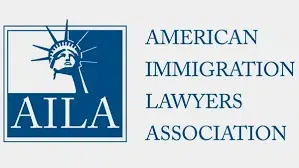
Our offices
The Angels
4929 Wilshire Blvd Suite 820 Los Angeles, CA 90010
Saint Ana
600 W. Santa Ana Blvd. Suite 814 Santa Ana, CA 92701
Oakland
1624 Franklin St. Suite 402 Oakland, CA 94612
Mexican Consulate
Department of Protection 2401 W 6th St Los Angeles, CA 90057


